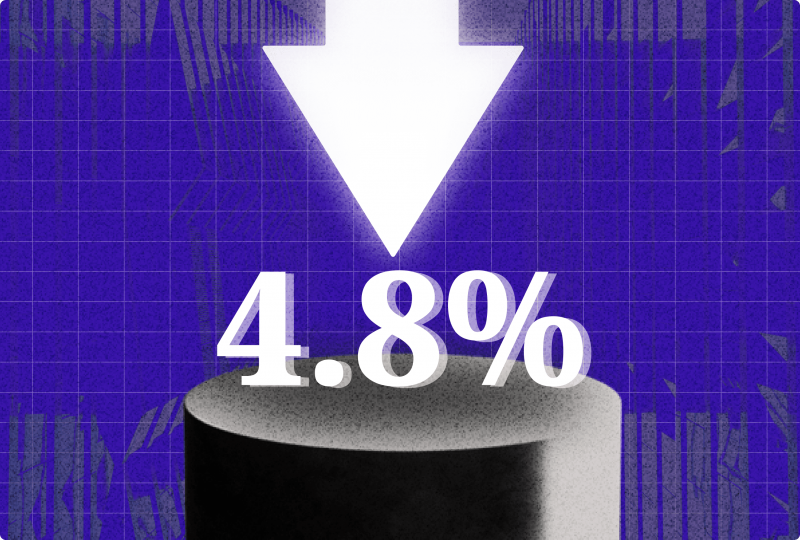European Stock Markets Slide Despite UK Economy Posting Strong Growth
Feb 13, 2022
Despite the UK economy growing at its greatest rate since World War II, European stock markets fell on Friday.
The FTSE 100 dipped 0.2% on the day in London, recouping previous losses, with travel and leisure and technology leading the drops. In France, the CAC fell 1.3%, while Germany's DAX fell 0.5%.
It happened as the British economy expanded by 7.5% last year, courtesy of a spring recovery when tight restrictions were relaxed.
According to the Office for National Statistics on Friday, it was the most significant increase in 80 years since 1941, and it also meant that the UK had the greatest growth in the G7 after a 9.4% drop in GDP in 2020.
It outpaced growth in the United States, which was 5.7%, France and Germany, which were 7% and 2.7%, respectively, and Italy, which was 6.5%.
However, the British economy dropped by 0.2% in December as the Omicron variant hampered recovery, although this was a lesser decline than experts had predicted.
Across the Atlantic, the S&P 500 sank 0.3%, while the tech-heavy Nasdaq fell 0.7%. At the end of the European session, the Dow Jones was trading flat.
Consumer confidence in the United States dipped further in early February, reaching a new decade low, as inflation concerns weighed on families.
The mood index at the University of Michigan fell to 61.7, the lowest level since October 2011. Consumer expectations and existing economic circumstances both fell to 10-year lows this month.
"The effect of increasing inflation on personal finances was spontaneously highlighted by one-third of all consumers, with over half of all consumers predicting decreases in their inflation-adjusted earnings throughout the year ahead," said Richard Curtin, chief economist at Surveys of Consumers.
"In addition, fewer families reported gaining net household wealth since the COVID-19 outbreak in May 2020, owing partly to a declining chance of stock price gains in 2022."
It followed a sell-off on Wall Street on Thursday due to an increase in US inflation. This has fueled speculation that the Federal Reserve may embark on a more aggressive monetary tightening effort.
The larger-than-expected increase in the US consumer price index to a 40-year high of 7.5% in January pushed rates considerably higher, with the US 10-year yield breaking beyond 2%.
Meanwhile, the 2-year yield soared over 1.5%, jumping 26 basis points on the day to close at 1.6%. The US 2-year yield has jumped by 30 basis points in only one week.
"The surge upward was given further energy by FOMC member James Bullard, who said he favors a 50bps boost in March, followed by another 50bps hike in July, while also recommending that the central bank conduct an emergency meeting and raise early," said Michael Hewson of CMC Markets.
"This seems improbable given that they are still conducting QE, and it is set to expire in March anyhow, so a few more weeks isn't going to alter much, but it's evident that he is concerned by yesterday's inflation data, and he may not be alone."
On Friday, Asian markets slumped, with the Hang Seng in Hong Kong losing 0.1% and the Shanghai Composite plunging 0.7%.
Sydney, Seoul, Wellington, Taipei, Manila, and Jakarta fell into the red zone, with Singapore edging higher.
In Japan, the Nikkei was closed for a holiday.




